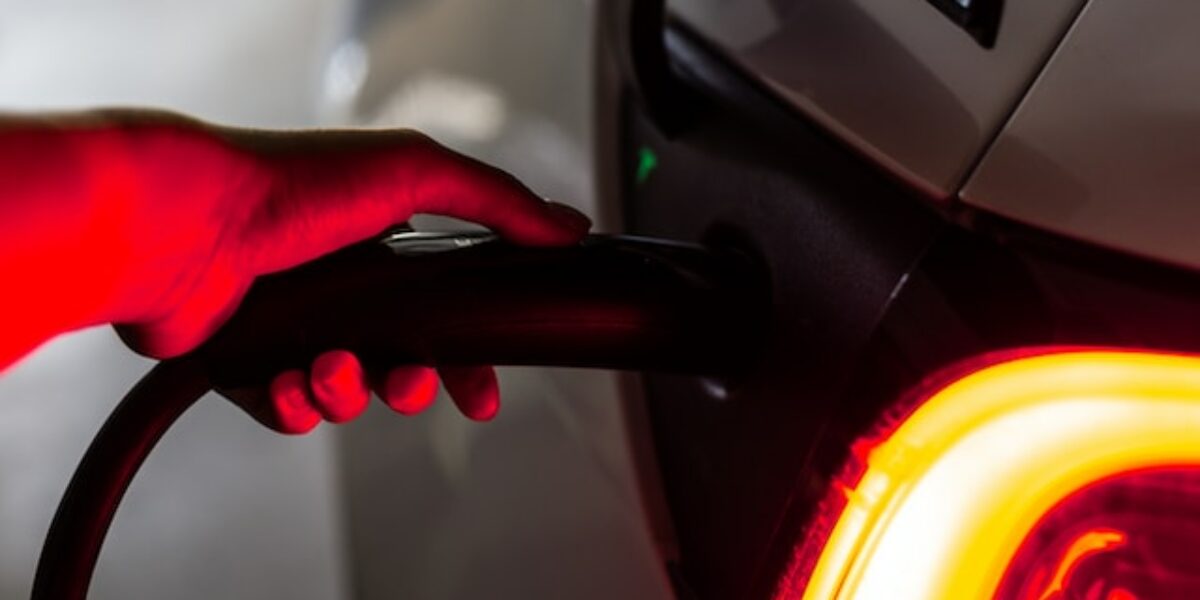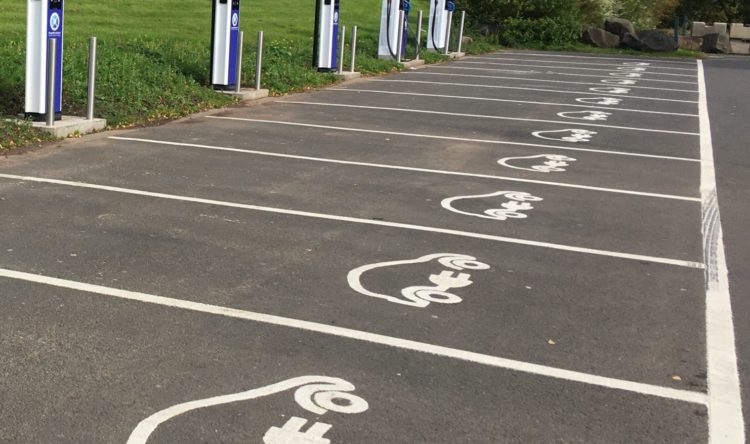Charging up the economy
EVs seen as key to economic growth and international comittments
Government attitudes to and, support for, increasing EV sales has again come under scrutiny.
The lack of incentivisation for private motorists to choose electric vehicles has been highlighted again by the Society of Motor Manufacturers and Traders (SMMT).
It fears the uptake of zero emission vehicles is “plateauing”. This follows numerous national and international commentators warning that high prices and the cost of living crisis in the west is directly affecting EV sales.
Homes and hearts
Guests at the SMMT Annual Dinner in London were told the organisation has welcomed the investment made by vehicle manufacturers and others. Unfortunately, much of the hard work is aimed at exports rather than the domestic market.
“The industry is betting big on Britain,” states Mike Hawes, SMMT chief executive. “Government has rightly recognised the value that automotive manufacturing brings to the UK, backing our industrial transformation. These investments are, however, predicated on a strong domestic market.
“Incentives for business buyers must be matched with support for private buyers,” adds Hawes. Manufacturers, suppliers, dealerships, the second-hand market in EVs and the public need greater support in the UK.
“The prize for success will be a faster and fairer decarbonisation of Britain, ensuring millions have access to zero emission mobility.”
Special offers
For example, halving VAT on new EVs. The SMMT argues this would be a compelling and affordable measure. It would enable manufacturers to deliver larger volumes of zero emission vehicles and creating the conditions for greater UK supply chain investment.
What’s more, economic growth and a rise in productivity is highlighted as an urgent and essential key to UK growth and success. EV production can be an important engine in driving these ambitions forward. It also fits well with the government’s newly published Advanced Manufacturing Strategy.
“Combined with retention of the business incentives and measures to accelerate the roll out of charging infrastructure, the new EV market would expand and flow into the used sector, catalysing greater adoption by all drivers. This will be the fastest way to decarbonise road transport, an essential step in the delivery of Net Zero,” said the SMMT.
Brexit deals
SMMT also highlighted that the industry’s potential to drive economic growth will be diminished without a deferral of upcoming Rules of Origin. This is part of the post Brexit agreement that will come into force at the beginning of 2024. Without a delay or alternative solution, tariffs will be applied, making British made vehicles more expensive and uncompetitive, “throttling trade in electric vehicles between the UK and EU”.
It warned that time is running out.
Factories across the country are now producing electric vehicles of every type. Cars, vans, buses and trucks have seen potentially large investments announced. This will also increase security and success in the supply chain manufactures for almost every component needed for EVs.
The industry is ready to return to pre-pandemic levels of trade worth more than £100 billion by the end of the year. However, the potential for these investment to collapse are very real if EU tariffs come into play, and the domestic market is also not incentivised to buy new EVs. In turn, the cost to the environment will also remain and the UK’s commitment to cutting emissions and pollution will become increasingly difficult to achieve.





